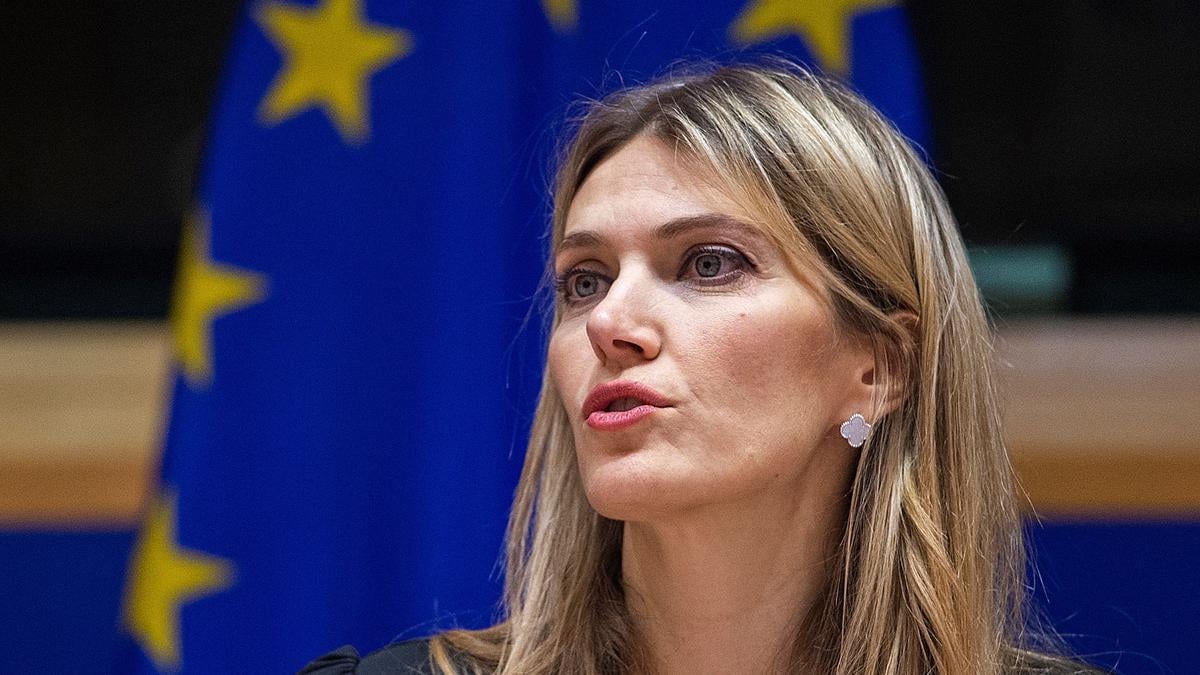The EU handed out more than €7 billion in funding to non-governmental organisations (NGOs) between 2021 and 2023 despite major gaps in oversight, the bloc’s Luxembourg-based budget watchdog said Monday.
The European Court of Auditors (ECA) said that despite improvements since a previous report in 2018, “information on EU funding awarded to NGOs that are active in the bloc’s internal policies remains inaccurate and incomplete.”
Over a two-year period from 2021, civil society groups were awarded €7.4 billion – comprising €4.8 from the commission and €2.6 billion from member states – for work across key EU policy areas such as migration, research and the environment.
However, the ECA said there is “no reliable overview” of the funding.
“This information is published on multiple systems, websites and databases, resulting in a fragmented approach, which hampers transparency and limits insights into the role of NGOs in EU policy-making and programme implementation,” the report found.
Some of the funding may also be used to finance lobbying activities, the auditors concluded, stating they had uncovered two cases of grants financed by the commission’s LIFE programme, dedicated to environment and climate action, which “included advocacy activities with policymakers”.
Further disclosure needed
“Even if there are no legal requirements to disclose advocacy activities included in operating grants for NGOs, we consider that their sensitive nature, when funded by the EU, requires additional transparency,” the ECA report said.
A failure to properly check whether the organisations in receipt of funding respect EU values exposes the bloc “to reputational risk”, the report noted.
“We found that the managers of EU funds do not proactively search for potential breaches of EU values. Instead, they mainly rely on self-declarations and do not use other available data sources,” the ECA said.
Charity compliance and lobbying in the headlines: Qatargate and Caritas
The ECA said that public interest in stricter transparency requirements for NGOs had increased since the Qatargate affair, investigations into which are still ongoing, emerged in 2022.
In that case, Greek MEP Eva Kaili and her associates were accused of accepting bribes to influence European Parliament decisions in favour of Qatar.
The report by auditors also comes as the Luxembourg branch of the Caritas charity faces several probes by regulators and prosecutors over its compliance with money laundering laws in the wake of the embezzlement of €61 million last year.
Luxembourg’s financial regulator, the Commission de Surveillance du Secteur Financier (CSSF), is currently investigating whether BGL BNP Paribas and Spuerkeess – which extended credit lines to Caritas while the fraud was ongoing – breached rules.
Other potential breaches committed by the banks concern compliance with fraud prevention and loan disbursement rules, for which the European Central Bank (ECB) is the supervising authority.
Another factor undermining attempts to oversee EU funding to NGOs is the fact that the term itself varies depending on the country and is very often not enshrined in national legislation.
Although the EU Commission has defined an NGO as a non-profit organisation, independent from government, the distinction does not often work in practice, the ECA warned.
“Whilst this is a step in the right direction, the definition alone cannot ensure that NGOs are correctly classified in the EU’s financial transparency system,” the auditors said.
“This is because entities self-declare as NGOs, and the commission does not check important aspects of their status, including whether a government exerts significant influence over their governing bodies or whether an NGO pursues its members’ commercial interests,” the report stated.
Recommendations for reforms
The ECA report has made a series of recommendations, including improving guidance on classifying NGOs and the transparency of spending, and strengthening the verification of compliance with EU values.
“Transparency is key to ensuring credible participation by NGOs in EU policymaking,” said Laima Andrikienė, the ECA member in charge of the report.
“However, despite some progress since our last audit, the picture of EU funding for NGOs remains hazy, as information on EU funding – including lobbying – is neither reliable nor transparent.”
Last week, the European Commission issued a statement on the LIFE programme, acknowledging that “in some cases, work programmes submitted by the NGOs and annexed to the operating grant agreements contained specific advocacy actions and undue lobbying activities”.
“The Commission has taken action to prevent such cases in the future and will take further measures to strengthen transparency and include appropriate safeguards,” the EU’s executive arm said in a statement.
